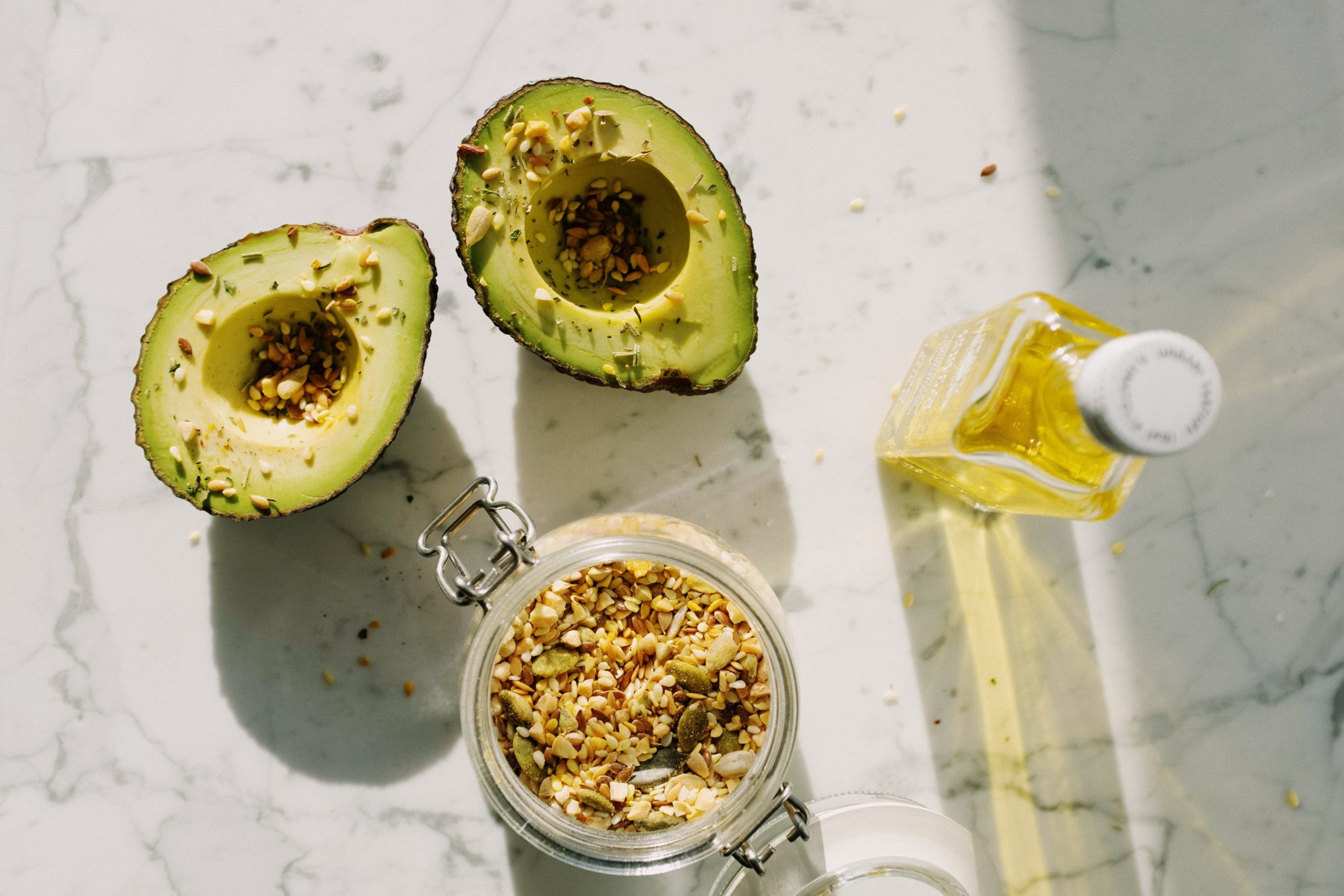The recent science shows that we can prevent 90% of heart disease with lifestyle and nutrition, so why is heart disease still a #1 killer for men and women in the U.S. today?
Dr. Steven Masley, MD, sat down with ITN founder Cynthia Garcia to discuss this and the simple solution that most physicians aren’t talking about.
Dr. Steven Masley is the creator of the top health program on PBS, 30 Days to a Younger Heart. He is also a fellow of the American Heart Association and the American College of Nutrition and a Clinical Associate Professor at the University of South Florida. His latest best-selling book is the new and revised 30-Day Heart Tune-Up: A Breakthrough Medical Plan to Prevent and Reverse Heart Disease. And today, he’d like to share some of his breakthrough research with you!
Dr. Masley Clears Up the Miscommunication Around Heart Disease
Most doctors when they think of treating heart disease, tend to rely on medication – medication for cholesterol, hypertension, and diabetes.
There’s nothing wrong with these medications, but most people wouldn’t need them if we addressed the root cause of heart disease, which has to do with nutrition, activity, and stress management.
So where do we start with nutrition? Oftentimes, the nutrition world makes recommendations that the average person is unable to follow long-term – think low carb, low fat, and other complicated diets.
What could a physician or nutrition coach recommend instead that would be the easiest solution to follow that’s also effective?
Dr. Steven Masley proposed that the Mediterranean eating plan is the easiest diet to follow.
At ITN, we recognize that labeling an eating plan can sometimes prevent clients from making long-term changes to their diet. So, as you keep the Mediterranean eating plan in mind, think how you can personalize it and co-create a plan with your client. When you allow your client to have ownership over their choices, you provide a foundation of success.
What Would the Pillars of a Healthy Eating Plan Look Like for Heart Disease?
1. Plant-Based Fiber: Vegetables, fruits, beans, nuts, herbs, and spices.
Fiber intake is a very strong predictor of whether you grow arterial plaque and whether your plaque shrinks overtime. It has the ability to improve blood sugar and cholesterol, decrease inflammation, and even slow aging. Dr. Masley encourages his patients to eat 30g or approximately 10 servings of plant-based fiber a day.
2. Healthy Fats: Avocado, extra-virgin olive oil, wild-caught seafood, dark chocolate, nuts, and nut oils.
Contrary to popular belief, decreasing fat intake does not prevent heart disease. In fact, healthy fats actually decrease inflammation and improve blood sugar and insulin levels. So, when cutting out these fats can increase inflammation and the risk for arterial plaque growth. Fats can also help your client feel satiated and ultimately reduce their cravings so they’re more likely to stick to their new eating plan.
3. Clean Protein: Beans, wild-caught seafood, and organic, free-range poultry, and grass-fed, grass-finished beef.
4. Probiotics: Preferably from food sources like yogurt, Kefir, sauerkraut, kimchi, tempeh, natto, miso, kombucha, and aged, raw cheese.
Dr. Masley has found that gut microbiota can influence cholesterol profiles, blood pressure, and blood sugar levels – all important factors to consider for heart disease. Therefore, it’s important to support your gut microbiome by consuming probiotic food sources.
5. Beverages: Coffee and tea in moderation (1-3 cups), water, herbal infusions, and 1-2 glasses of red wine.
Key Nutrients for Heart Health
Fiber
Suppresses appetite, improves blood sugar and cholesterol profile, decreases inflammation, and slows aging.
Magnesium
Lowers blood pressure and blood sugar; decreases migraines, muscle cramps, and constipation; helps with insomnia (lack of sleep is a precursor for heart disease).
Zinc
Important for blood sugar control
Long-Chain Omega 3’s:
Reduce inflammation or prevent heart arrhythmias
Vitamin D
Helps prevent bone loss, auto-immune disease (like multiple sclerosis), heart attacks and strokes, and even memory loss.
Vitamin K
Essential for clotting, bone health, and preventing calcification of your arteries.
If You Only Address Nutrition, It Will Be Inadequate
People who are stressed and lack spiritual connection are equally at risk as those who have poor diets. And unfortunately, stress management gets the least attention.
Think about it, when your client’s stressed, they likely aren’t making the best choices, and on top of this, their cortisol levels are elevated. When cortisol levels are elevated, this accelerates blood sugar, blood pressure rises, the brain shrinks, and they grow more arterial plaque.
It’s important to help your client take steps to proactively manage their stress, and they can be simple – regular workouts, getting a good night’s sleep, and engaging in proactive calming activities.
For more information on how to prevent and reverse heart disease, take a peek at Dr. Masley’s book 30-Day Heart Tune Up. It contains simple, yet profound advice that anyone can apply in their life!
Want more cutting-edge research? Enroll in our Certified Transformational Nutrition Coach course! We provide a modern-day coaching education that’s led and supported by the world’s greatest experts!



+ show Comments
- Hide Comments
Free Resources
Take A Look at the latest from ITN:
Courses
add a comment